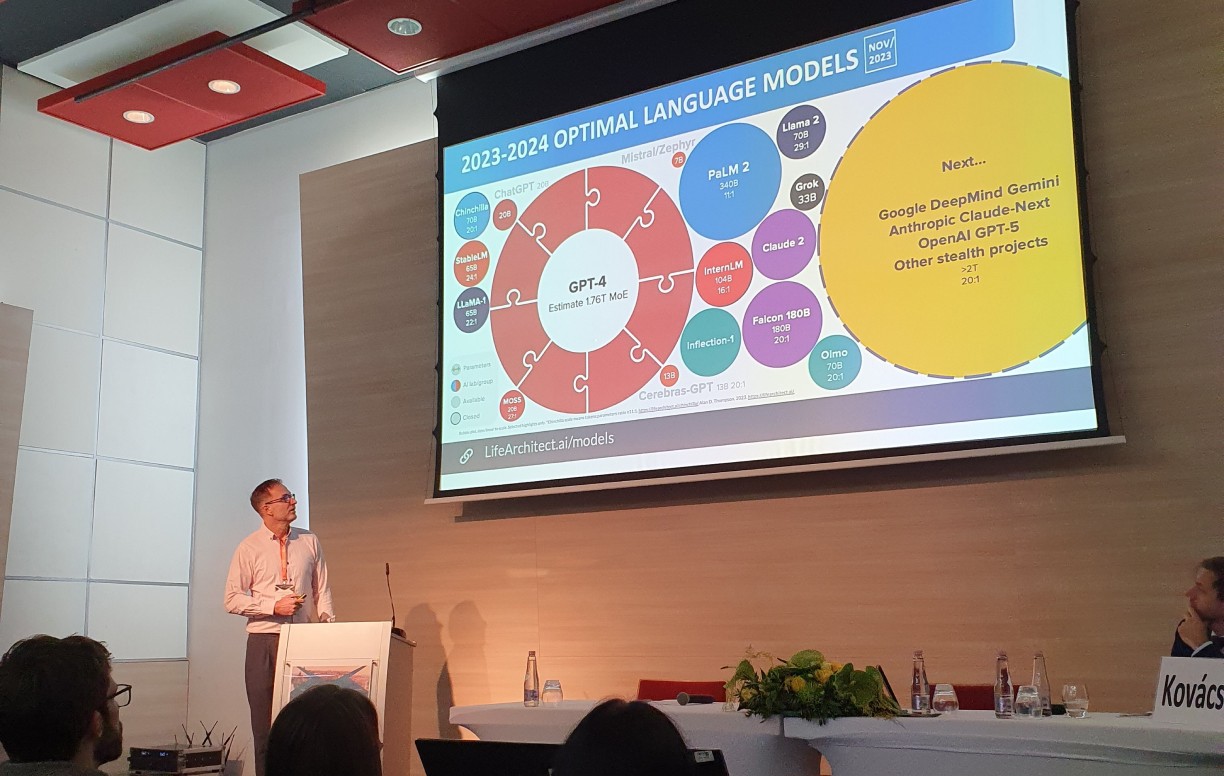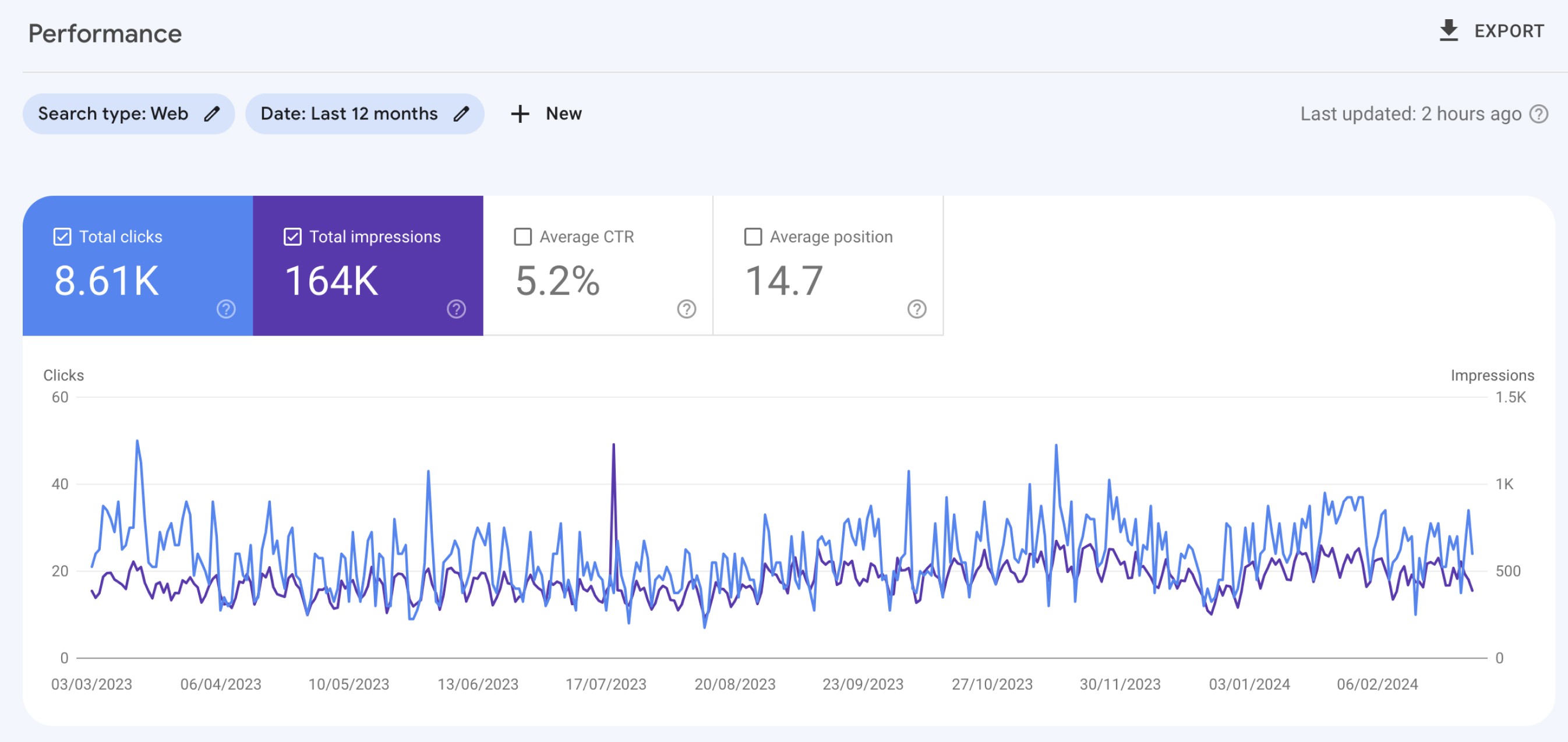Ask Anna, Psycho-oncology AI Assistant
Launch Date: 7 March 2023
Overview: An experimental research project offering an empathic AI assistant named Anna for discussing psycho-oncology topics. Trained on a knowledge base curated by an expert team, Anna aims to save patients and their relatives hours of reading and searching – delivering them personally relevant topics only.
Try here: www.PsychoOncologyhub.com
or the GPT version with voice support (on mobile): https://chatgpt.com
Key Metrics:
Conversations: approx. 2300 (as of March 2024)
Daily Interactions: approx. 6
RAG Training Data: entire website of www.onkopszichologia.hu edited and curated by dr. Ágnes Riskó
website launched in 1999, updated quarterly since then (25 years)
total links: 70 (906,679 characters) 16 files (pdf books and articles in related topics): 842,583 characters
59 revised answers made manually during the 1-year operation (where the GPT3.5 response was inaccurate)So, the error rate in the responses is approximately 2.57%
Total characters: 1,781,102 (approx 700 pages)
Weekly manual revisions is being made if we find inaccurate answers
Technical Data
OpenAI GPT-3 then switched to GPT-3.5 Turbo after its release (August 2023)
System Prompt and AI Personality Design
Apart from the training data, continuously refined system prompt guarantees accurate and precise answers. Her personality and look is created by the psychologists with meticulous prompting, defining tone of voice and other traits.
Significance in healthcare: The responses are constantly monitored and analysed by a clinical psycholo-oncologist. The AI model is trained, so that the latest research is included in the answers (e.g. KLOE programme)
After one year of evaluation, respondents have shown similar interest/openness towards the assistant, as in oncopsychologists who are rarely available in person.
Feedback from the editor: "Based on our non-representative survey so far, the conversations of the AI assistant are professional, humane and cost-effective – plus enables access to informative and educational material for cancer patients, their relatives and professionals. We highlight that this service measurably reduces existing inequalities in access to health care and multiple discrimination. For these reasons, the implementation of this pilot project is recommended at national, European and global level."

Delivering answers about mental health related questions for cancer patients and relatives

Presented at the 25th Annual Conference of the Hungarian Society of Oncologists The conference is a prestigious event in Budapest where cutting-edge advancements in oncology are discussed. I was presenting a large language model-based custom trained chatbot that aims to provide essential educational information to cancer patients and their families. The chatbot is trained in oncopsychology, which integrates psychological, social, and behavioral aspects of cancer treatment.

Analysis of the 2300 conversations: The common questions in the conversations include seeking psychological help, dealing with emotional burdens as a caregiver, prevalence of burnout among oncology workers, what palliative care entails and its availability, the recovery period and care requirements after transplantation, psycho-oncology support, and addressing mental health concerns such as depression and anxiety in the context of cancer treatment and oncology. These questions reflect concerns about mental and emotional well-being, support systems, and treatment options for both patients and their caregivers in the oncology context. What are the main topics addressed in the conversations? The main themes and topics addressed in the conversations include psychological support for cancer patients and their families, coping strategies for dealing with the emotional impact of cancer, the role of caregivers and the challenges they face, the importance of psycho-oncology in cancer care, and discussions around palliative care and its implications for patients' quality of life.

Common emotional themes: Anxiety and Depression, Fear and Uncertainty, Emotional Distress, Coping Strategies, Communication with Loved Ones Patterns related to specific cancer types: Gallbladder cancer, Ovarian cancer, Prostate cancer, Metastatic breast cancer Psychological Support, Side Effects, Alternative Treatments, Genetic Factors and Cancer Risk Range of questions indicates a broad concern for understanding cancer treatments, managing side effects, and accessing psychological support throughout the cancer journey.

